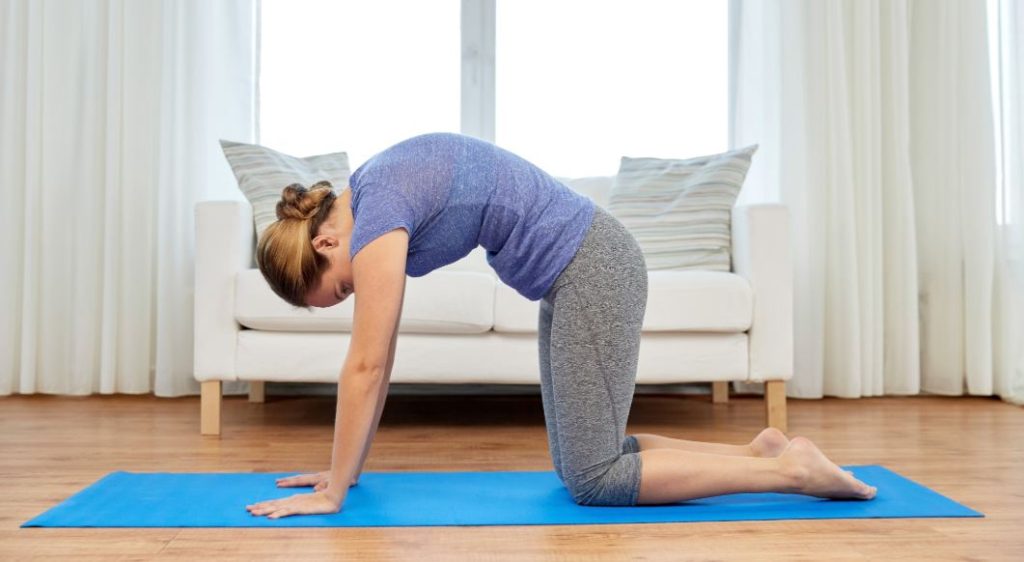We will be closed for the UK bank holiday (26th May), orders placed after 3pm on 23rd May will be dispatched upon our return (27th).
Bloating is one of the most common digestive complaints – uncomfortable, frustrating and often disruptive to daily life. While occasional bloating is normal, persistent or severe bloating can signal that your gut needs extra support.
If you’re wondering how to get rid of bloating or looking for practical ways on how to reduce bloating, this guide walks you through the most effective lifestyle and nutrition strategies.

Bloating occurs when the digestive tract fills with excess gas or retains water. Common causes include:
Understanding your personal triggers is the first step in reducing bloating effectively.
1. Slow Down and Chew Properly
Rushed eating means swallowing more air, which increases gas and bloating. It also makes digestion harder.
Try:
Mindful eating allows your gut to work at its natural pace.
2. Identify Potential Trigger Foods
Certain foods, especially those high in fermentable carbohydrates, can cause digestive discomfort for some people.
Common triggers include:
Keeping a simple food-and-symptom diary can help you track and identify patterns. Professional gut testing provides even more personalised insights.

3. Increase Fibre Gradually
Fibre is essential for digestive health but increasing it too quickly may worsen bloating.
Helpful approaches:
Remember: some people are sensitive to specific fibres like inulin – listen to your gut, it will soon let you know!
4. Stay Hydrated
Water supports healthy digestion and can help prevent constipation, which is a major contributor to bloating.
Try:
5. Support Your Gut Microbiome
A balanced microbiome can help reduce gas production and improve digestive comfort.
Ways to nourish your gut microbes:
Gut-microbiome testing can reveal imbalances that may be contributing to bloating.
6. Move Your Body Daily
Movement stimulates digestion and reduces trapped wind.
Great options include:
Even a short walk can make a big difference.

7. Manage Stress for a Calmer Gut
Stress impacts the gut–brain axis, affecting gut motility and increasing bloating.
Try incorporating:
Calming the nervous system supports smoother digestion.
8. Address Constipation
Constipation commonly leads to bloating.
Support regularity with:
Persistent constipation may require professional assessment.
If bloating is persistent, painful, or accompanied by other symptoms (fatigue, weight changes, stool changes), professional gut support may be beneficial. Gut testing can help identify:
Understanding the condition of your gut lining and microbiome can reveal what’s driving discomfort.
ION* Gut + Microbiome focuses on supporting the integrity of the gut barrier and overall microbiome communication – foundational elements of healthy digestion. Strengthening this barrier can help reduce environmental and dietary stressors that may contribute to bloating.
Learning how to get rid of bloating begins with understanding your personal triggers and supporting your gut’s natural ability to regulate, repair and respond. By combining mindful eating, movement, hydration and nervous-system support with tools that nourish the gut barrier, you can gently and effectively reduce bloating over time.
If you’re exploring how to reduce bloating in a holistic, whole-body way, ION* Gut + Microbiome offers a unique, science-informed approach to helping your gut communicate better, so you can feel lighter, more comfortable and more energised from the inside out.
Share this article